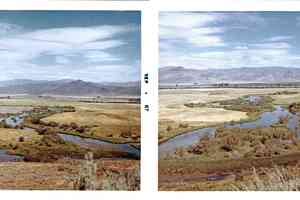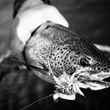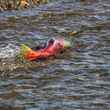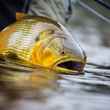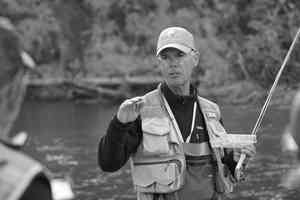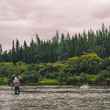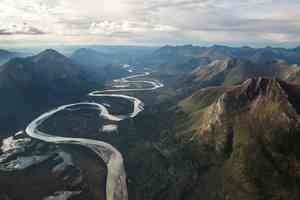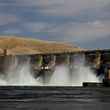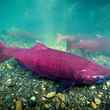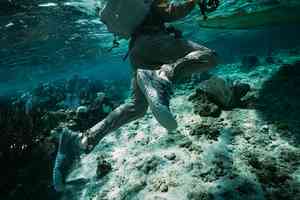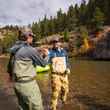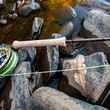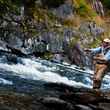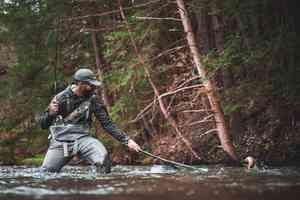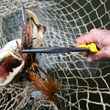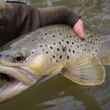The long awaited final scientific assessment of the potential impacts from large-scale mining in the Bristol Bay region of Alaska was released earlier this week by the United States Environmental Protection Agency. The pictured painted by the assessment is a grim one for the salmon of Bristol Bay, the ecosystem they drive and the native cultures and modern economies that depend on their survival and abundance.
The assessment states unequivocally that construction of a mine such as Pebble Mine, under the most extensive mining scenario, would result in the total loss of 94 miles of salmon-producing streams simply by virtue of the footprint required for mining operations to take place. Also resulting from the mine footprint would be streamflow alterations over 20 percent or more in 33 miles of streams and the loss of almost 5,000 acres of crucial wetland habitat.
The report goes on to detail a litany of additional negative impacts that could result from mining operations in the region, the majority of which are described by the report as "expected" or "likely" due to comparisons with the history of existing, similar mining operations. Detailed are impacts resulting from leakage during routine operations, wastewater treatment plant failures, spillway releases, culvert failures, pipeline failures, tailings dam failures, truck accidents and more.
